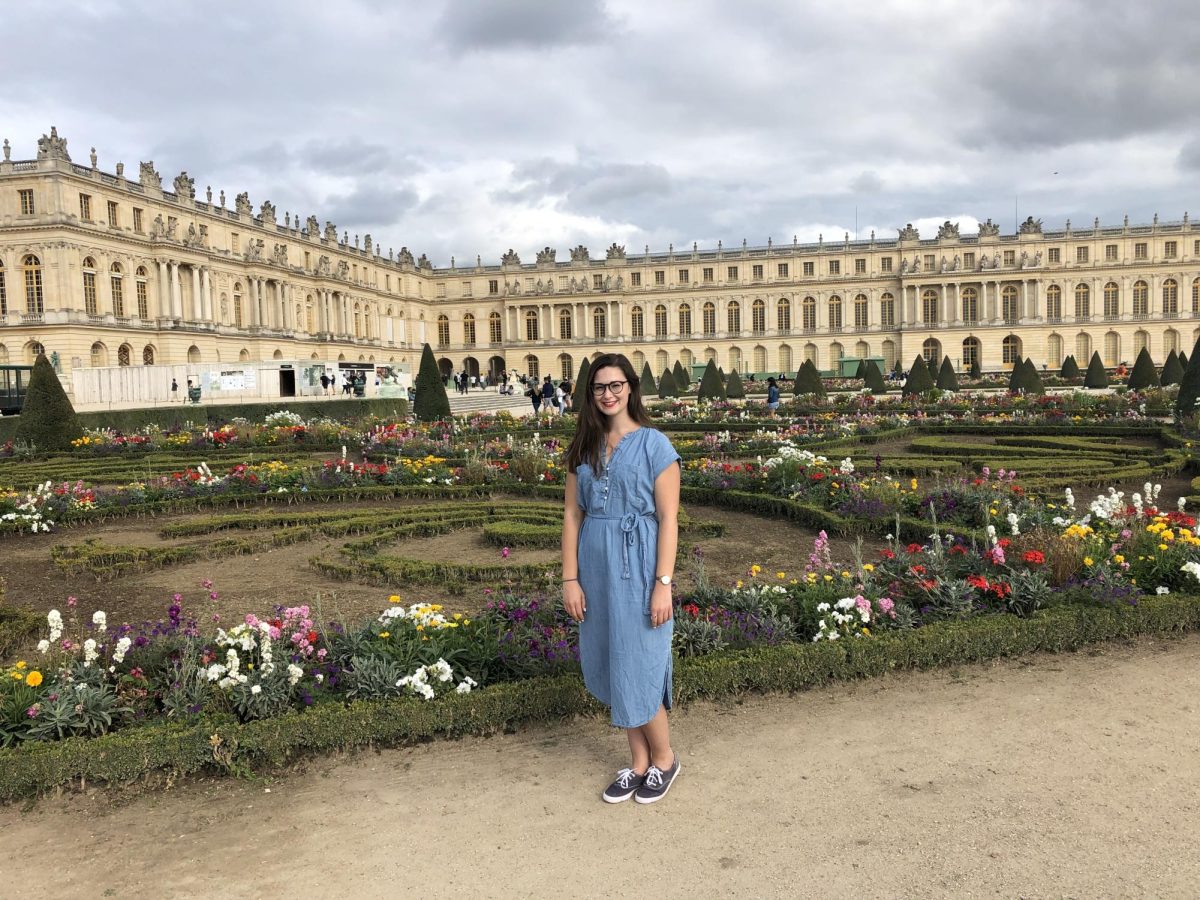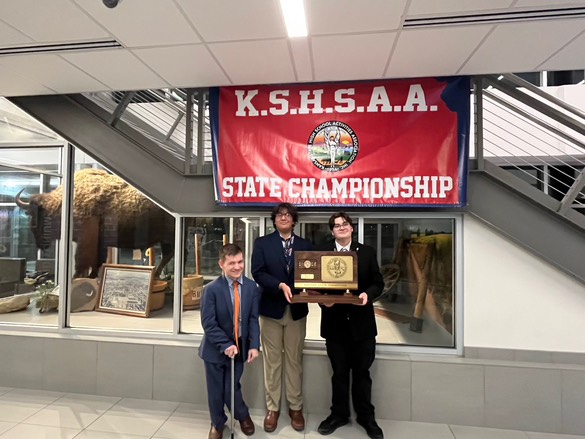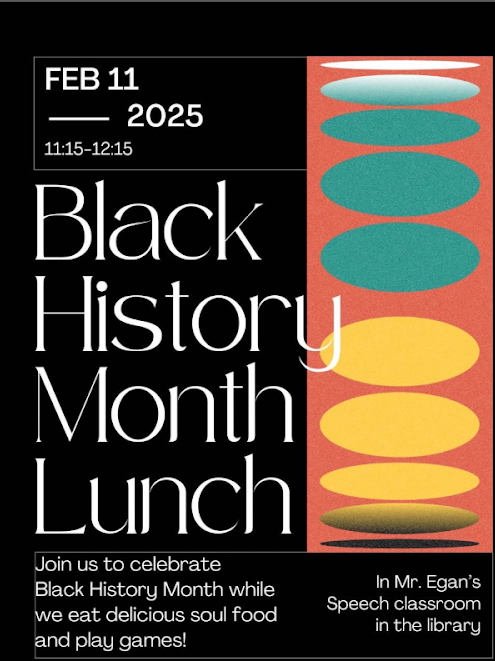Holidays are celebrated differently all around the world. While many holidays are celebrated nationally, the biggest global holiday is Christmas. Christmas has different names worldwide, and different countries have different traditions, though there are many similarities. The key difference between America and other countries is the food they eat and make. Foreign exchange students share the special traditions that take place in their home countries.
Johan Pudwell is from Germany. Christmas there is called “Weihnachten”. Christmas routines may look the same, but the difference each year is the memories of being with your closest people.
“I mostly celebrate [Weihnachten] with my family and friends, at home with the whole family … We have a big meal for lunch and then sometimes we go to church, then dinner with turkey,” said Pudwell.
Special foods made and eaten during Christmas are bread and many other sweets. “Franzbroetchen” is a type of bread pastry Pudwell has that is similar to a cinnamon roll. Pudwell’s favorite sweets are Christmas cookies, which in German are called “weihnachtsgebäck.” There is a wide variety of cookies, and many have a filling.
This Christmas, Pudwell is excited to explore more parts of the United States with few negative feelings besides being away from home.
“We are going to New Mexico over Christmas … I am excited but I think I am going to miss my family a lot,” said Pudwell.
Piotr Inglot is from Poland, where Christmas is called “Boże Narodzenie” which translates to ‘God’s birthday.’
Inglot’s typical Christmas goes by gathering up as a family at his cousin’s house, followed by church in the morning. After church, they have time throughout the day to prepare last meals and set the table before waiting for their cue to eat.
“We wait for the first star to appear in the sky, then we start eating, which was a tradition but it’s not anymore because the stars keep taking longer and longer to show up,” said Inglot.
There are many dishes brought to a Polish Christmas dinner. Foods like fish are brought to dinners and everyone else contributes and brings anything they want to share with the family.
Gifts are a big part of Christmas in Poland and the older people get the more giving they do than receiving.
“We usually give gifts to other people from the family… Last year I had to buy something for others, something small because I couldn’t afford big gifts but it has a meaning so we do give and I would say it’s quite a lot of gifts when you’re a kid, you’re getting a lot of them but the older you get the less you get,” said Inglot.
Inglot has high hopes and is excited about spending his first Christmas in America but doesn’t see it being much different than being back home in Poland.
“I am excited to see how it looks. I don’t think it will be much different but I am prepared for some changes but I am excited I don’t think I will regret staying here for Christmas so I have my hopes up and I am waiting for it,” said Inglot.
Elias Robin is a student from France, where Christmas is called “Noel.” In France, Christmas is celebrated very similar to the United States. A lot of time is spent with family and they open gifts.
In Robin’s household, the foods that are eaten the most are turkey and a type of rolled cake called “buches de noel” which in English are called “Christmas logs.”
Robin’s favorite and most memorable memory was made special by a gift he received.
“It was maybe five years ago when I got my first phone … I think I was just so excited to have my first phone and we made the best Christmas logs, it was so good,” said Robin.
Robin will be experiencing the holiday season in the United States this year and is feeling mixed emotions about this change and being apart from the people in his home country.
“[I’m feeling] bad and good because it is a new experience to discover new cultures,” said Robin.
He will be spending Christmas with his host family, and cousins, and plans on having fun with friends during that time as well. Robin also looks forward to seeing people go all out with their decorations and lights put on houses, which is not seen in many places in France, besides big cities.
“Some houses, maybe if you take 1000 houses maybe ten or 15 will decorate … but cities yeah. I live in a big city so mine yeah but in some villages or small towns like Newton I don’t know if they would be decorating in France,” said Robin.







